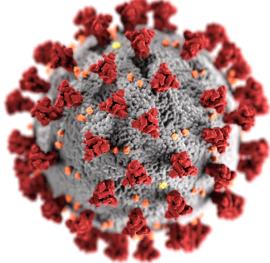2021-04-24
A puzzling feature of the recent Oxford study into the effect of vaccinations on Covid prevalence is highlighted today by Lockdown Sceptics.
The study investigated seven groups of people according the the length of time before and after jabs 1 and 2:
(Group 1 was a control group, no previous positive test and no jab)
- Group 2: more than 21 days prior to jab 1
- Group 3: 21 or fewer days prior to jab 1
- Group 4: 7 days or less after jab 1
- Group 5: between 8 and 21 days after jab 1
- Group 6: post jab 2
- Group 7: not vaccinated but previously testing positive at some point
Period of study included Dec-Jan-Feb-Mar.
"But is it all as it seems? I wrote last week about vaccine studies that have glaring issues that everyone, including the authors, seem content to gloss over. Sadly, the same appears to be true of this study"
The stand-out result that nobody seems to be talking about is that the "winning" group with the lowest rate of "infection" (one assumes as measured by testing) was (drum roll please . . . ) group 3 (21 or fewer days prior to vaccination!).
This is an article that deserves to be carefully read.
So ... if it is true that the group 3 people were tested later than the group 2 people, during a period when the overall rate of infection was falling rapidly (according to Public Health England Weekly Flu/Covid Reporting - see chart below) then it would seem that the much-vaunted vaccinations may have been late to the party. Vaccination had no significant discernable effect since the rate of infection being reported by the testing centres had already fallen precipitously.
That doesn't necessarily invalidate the thesis that vaccinations protect against infection, but it doesn't confirm it either.
(Below chart taken from the week 14 PHE report)
Good spot! Lockdown Sceptics, take a house-point.



